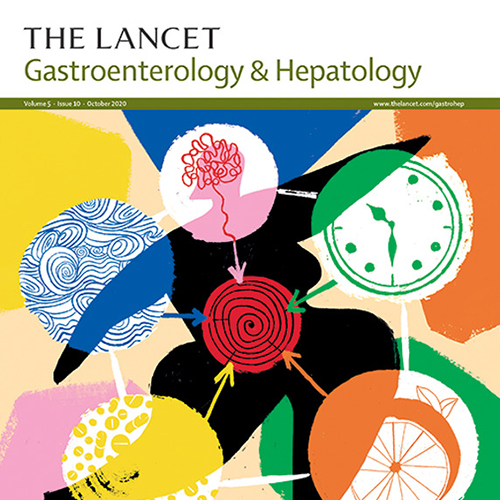Summary
Do the most heavily burdened countries have the right policies to eliminate viral hepatitis B and C?
In 2019, a Lancet Gastroenterology & Hepatology Commission on accelerating the elimination of viral hepatitis reported on the status of 11 viral hepatitis policy indicators in 66 countries and territories with the heaviest burden by global region. Policies were reported as being either in place, in development, or not in place. This study uses the Commission findings to estimate hepatitis B virus (HBV) and hepatitis C virus (HCV) policy scores and rankings for these 66 countries and territories. We applied a multiple correspondence analysis technique to reduce data on policy indicators into a weighted summary for the HBV and HCV policies. We calculated HBV and HCV policy scores for each country. Countries and territories that received higher scores had more policies in place and in development than did countries with lower scores. The highest scoring country for HBV was Australia, whereas Somalia had the lowest score. For the HCV policy score, Australia and New Zealand had perfect scores, whereas Somalia, Sudan, and Yemen had the lowest scores, all having no policy indicators in place.
Countries: Sudan, Somalia, Yemen, The Gambia, Mauritania, DR Congo, Solomon Islands, Syria, Vanuatu, Ghana, Tajikistan, Uganda, Libya, Cameroon, Papua New Guinea, Fiji, Bangladesh, Algeria Nigeria, Tonga, Kiribati, Belarus, Malaysia, Iraq, Hong Kong, Hungary, Armenia, Russia, Myanmar, Kyrgyzstan, Azerbaijan, Uzbekistan, Ethiopia, Tanzania, Philippines, Vietnam, China, Morocco, Saudi Arabia, Rwanda, Japan, Thailand, Indonesia, Poland, Mexico, Pakistan, Romania, South Africa, Greece, Ukraine, Moldova, USA, Kazakhstan, Argentina, Georgia, Egypt, Taiwan, Brazil, Canada, France, Germany, Italy, Spain, UK, Australia, New Zealand

